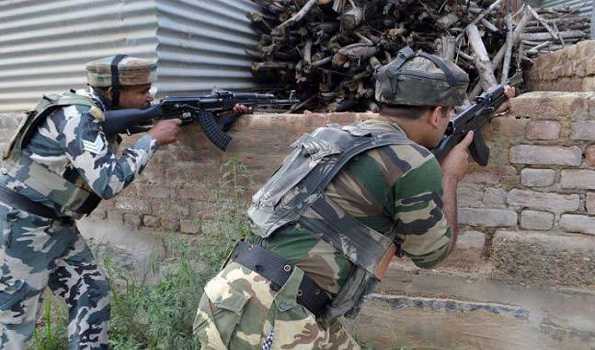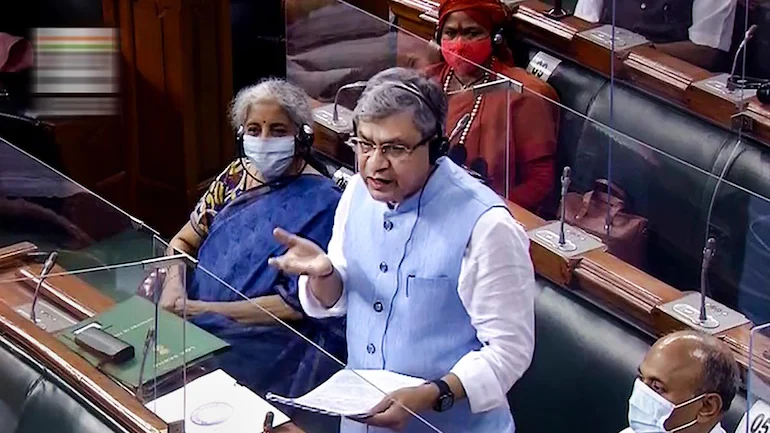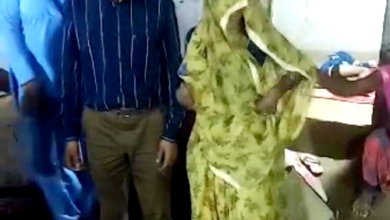HC directs Delhi Govt to make efforts to pay more damages to kin of manual scavenging victims

New Delhi, Feb 6 : The Delhi High Court on Tuesday directed the Delhi Government to make efforts to pay additional compensation amounting to Rs 20 lakh each, to the families of manual scavenging victims.
Justice Subramonium Prasad’s direction came in accordance with a ruling by the Supreme Court last year.
The judge stressed the importance of the State’s proactive measures to disburse the remaining compensation to all eligible individuals, rather than requiring them to individually petition the court.
Justice Prasad stressed the principle that once a court declares a law in favour of an individual, the State is expected to extend the same benefit to all similarly situated persons.
“It is well settled that when a person approaches a court and gets a declaration of law in his favour, it is expected that the State shall extend the same benefit to all the similarly situated persons without forcing those persons to approach the court of law,” the court said.
The court was hearing a plea filed by various widows seeking the Delhi Government’s obligation to fulfill the Supreme Court’s ruling by paying them Rs. 20 lakh each.
The Supreme Court had mandated an increase in compensation for sewer deaths to Rs. 30 lakh and for permanent disability arising from sewer operations to Rs. 20 lakh, with no less than Rs. 10 lakh for other forms of disablement.
The widows argued that while the Delhi Government had provided Rs. 10 lakh, they were entitled to the balance payment as per the top court’s directive.
Consequently, the court directed the Delhi Government to disburse the remaining amount to the widows within six weeks.
“The Respondents are directed to pay the said amount within a period of six weeks…” the judge said.
He added, “This court expects that the State will endeavour to pay the balance of Rs.20 lakh to all similarly placed persons instead of forcing the family members of persons who have lost their lives in manual scavenging to approach this court by filing writ petitions.”






